Push the boundaries. Make new scientific discoveries. Build tomorrow's world. Science and engineering are where curiosity, analysis, a thirst for knowledge and innovation meet.
Our science courses give you the freedom to pursue your interests – from the physical laws of the universe to the structure of our cells, from the geography of the Earth to the chemistry of medicines. And you can learn in some of the most advanced scientific facilities around. Gain a civil engineering qualification and you'll help build a better Australia – even during your degree (our undergrads complete paid cadetships working on real projects throughout the course).
When it comes to futureproofing your career, we'll get you there
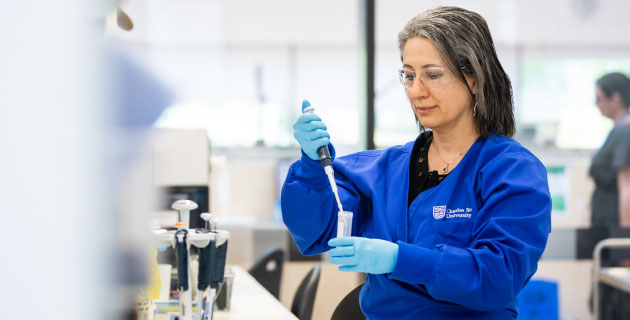
Focus on the details of the world. How materials are made. How substances react. And how we can harness their properties. When you study chemistry, you make discoveries that can be applied to so many industries – from agriculture to manufacturing, and from medicine to forensics.
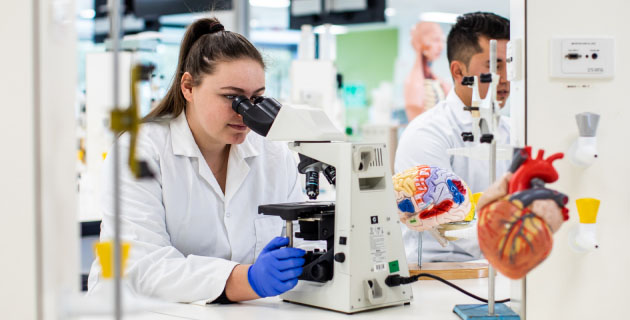
Biology is the study of life. Its structure, function, origins and evolution. When you study biology you can focus on anything from DNA and cells, to how animals interact across ecosystems. And your discoveries could help in everything from conservation to finding essential new medications.
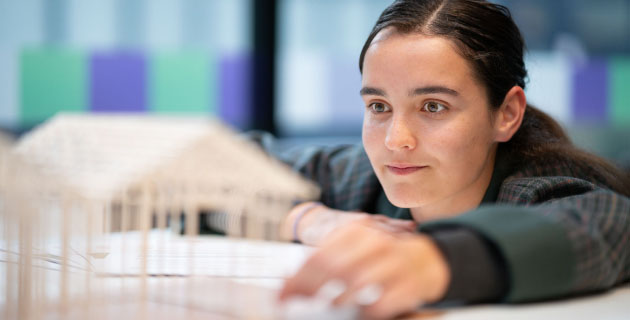
Become a civil, electrical, or mechanical engineer. Innovate and shape the environments. Gain hands-on experience, specialist skills, and earn while you learn through our unique program—developed in collaboration with industry partners and offering paid cadetships to kickstart your career.
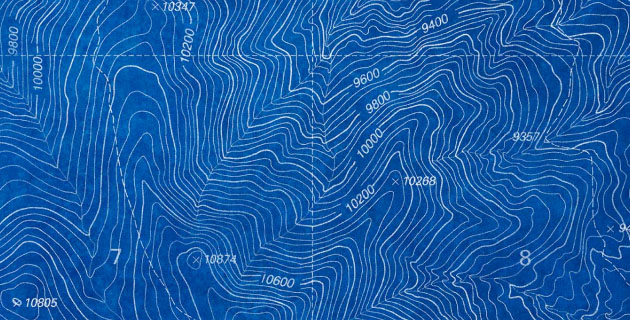
Charles Sturt's environmental and earth science courses enable you to dig deep into the way our planet works. From soil ecosystems to climate fluctuations, geology to hydrology, you'll open up a world of exploration, that can change how we see, and preserve, our home.

Problems are there to be solved. Find the answers with a mathematics degree. You could use your skills in almost any industry – the study of numbers underpins everything from aviation to zero carbon technologies. So, which challenge do you want to take on?
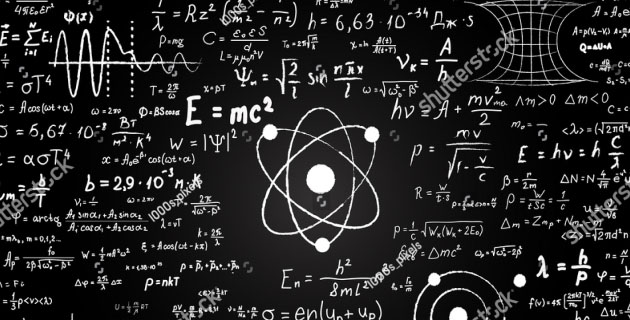
When you study physics, you explore the world inside, around and beyond us. You could investigate subatomic particles, or universal space-time. Create new products. Apply nanotechnology to medicine. Use climatology to help inform emissions reduction. Understand the world – then change it.
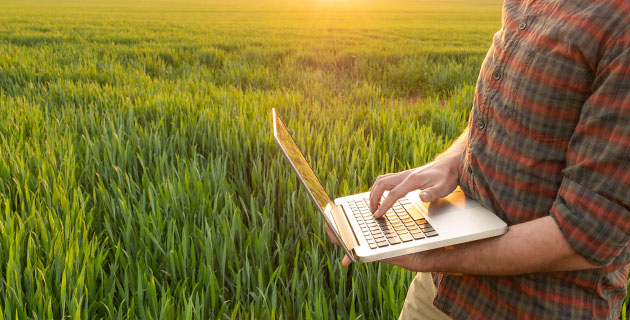
Combine data and geography to understand where and why things happen. With a spatial science degree you'll map and investigate the natural and human features of a location. Then use that data to inform the design of everything from cities to the conservation of wild ecosystems.